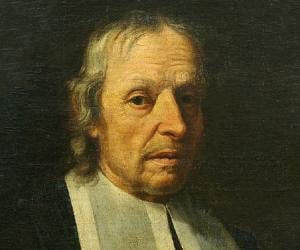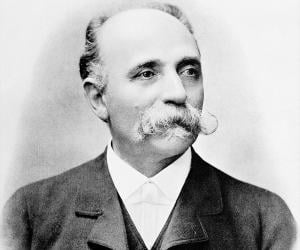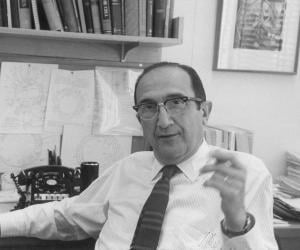Marcello Malpighi was forced to take up grammatical studies by his father but later earned doctorates in philosophy and medicine. Malpighi revolutionized medical science by discovering things such as taste buds, red blood cells, and the pulmonary and capillary network connecting veins and arteries. Many physiological features bear his name.
Nobel Prize-winning cytologist and physician Camillo Golgi is remembered for his contribution to the study of the central nervous system. He revolutionized medical science with his staining technique and discoveries such as the Golgi cell, the Golgi tendon organ, and the Golgi apparatus, apart from his research on malaria.
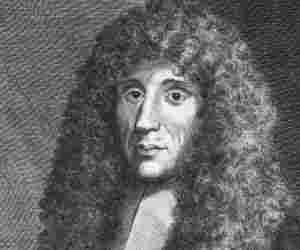
Called the founder of experimental biology and father of modern parasitology, Italian physician, biologist, naturalist and poet Francesco Redi did the first major experiment to challenge spontaneous generation. His book Esperienze intorno alla generazione degl'insetti includes most of his famous experiments, while his poem book Bacco in Toscana is counted among the finest works of 17th-century Italian poetry.
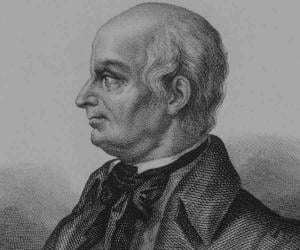
Lazzaro Spallanzani was an Italian physiologist, biologist, and Catholic priest. He is best remembered for making significant contributions to the study of animal reproduction, bodily functions, and animal echolocation. Lazzaro Spallanzani's research on biogenesis was the first step towards debunking the theory of spontaneous generation.
Nobel Prize-winning Italian microbiologist Salvador Luria is best remembered for his work on bacteriophages, or viruses that infect bacteria. He had also chaired Microbiology and later, the Center for Cancer Research at MIT. As a political activist, he was against nuclear weapon testing and was once banned from receiving funds.
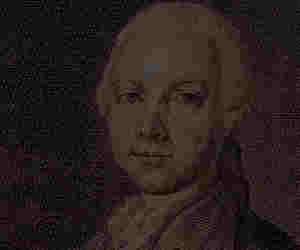
Giovanni Antonio Scopoli was an Italian naturalist and physician. He published a number of taxonomic works, such as Entomologia Carniolica, which described hundreds of new species. Giovanni Antonio Scopoli also served as a professor at the University of Pavia and the Mining Academy in Schemnitz.
